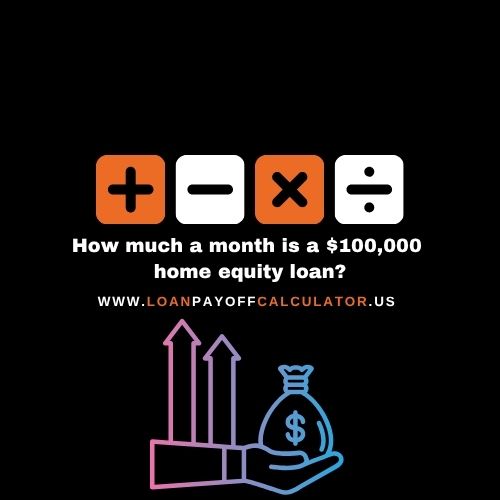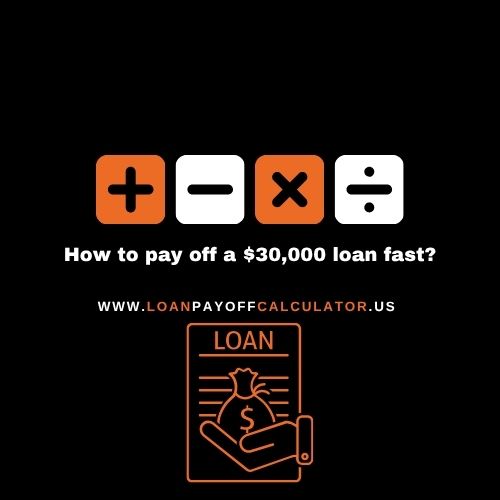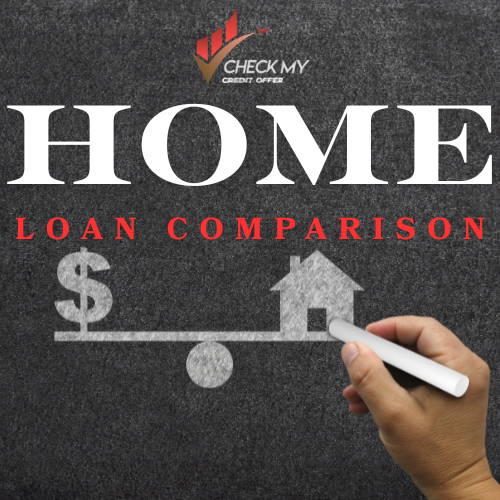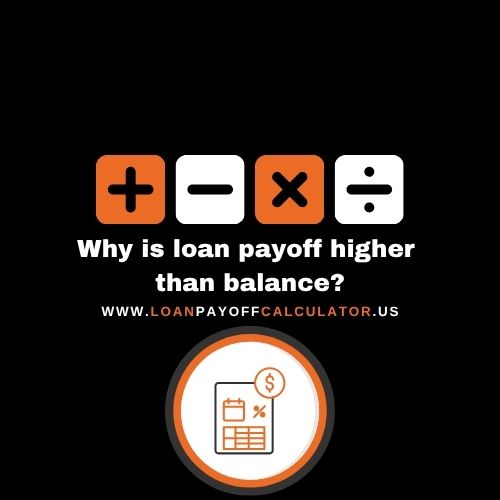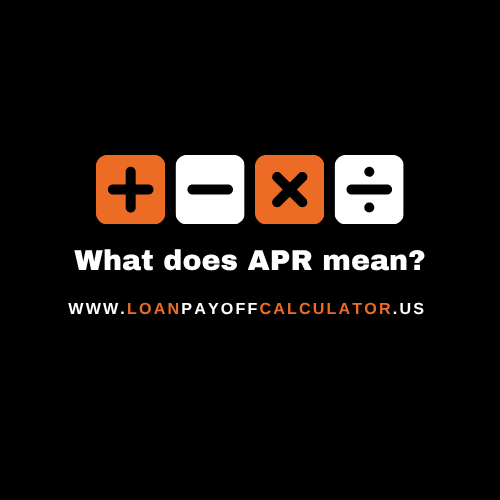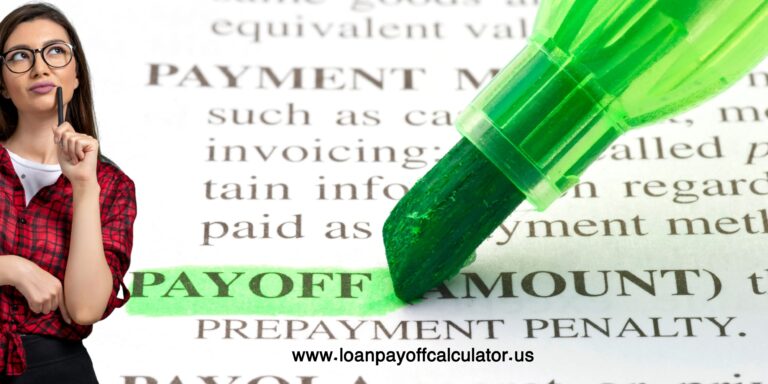How Much a Month Is a $100,000 Home Equity Loan?
Direct answer: a $100,000 home equity loan typically costs about $900–$1,200 per month,
depending on your interest rate and loan term.
For example, at 8% APR over 15 years, the estimated monthly payment is roughly $955.
Actual payments vary with your credit, loan-to-value, and closing costs.
If you’ve ever asked “how much a month is a $100,000 home equity loan,” here’s what you should know.
How Payments Are Calculated
To estimate the home equity loan monthly payment, lenders look at three main factors:
- Interest rate (APR): A higher APR means a larger portion of your payment goes toward interest.
- Loan term: Shorter terms (like 10 years) mean higher monthly payments but less total interest. Longer terms (15–20 years) lower the monthly payment but increase lifetime costs.
- Fixed vs. variable: Fixed loans lock in a stable monthly amount, while variable loans may change over time with market rates.
A simplified formula looks like this:
Payment = [P × r(1 + r)n] / [(1 + r)n – 1]
where P = loan amount, r = monthly interest rate, and n = number of payments.
Example Monthly Payments on a $100,000 Home Equity Loan
| Loan Amount | APR | Term | Monthly Payment |
|---|---|---|---|
| $100,000 | 7% | 10 years | $1,161 |
| $100,000 | 8% | 15 years | $955 |
| $100,000 | 9% | 20 years | $899 |
Longer terms lower the monthly payment but increase the total interest paid over the life of the loan.
Factors That Influence Your Home Equity Loan Rate
Your monthly payment isn’t just about the loan amount—it depends on the home equity loan rates you qualify for.
Lenders set those rates based on several key factors:
- Credit score: Borrowers with higher scores (typically 740+) unlock the lowest interest rates.
A stronger credit profile signals less risk to lenders. - LTV ratio (loan-to-value): The percentage of your home’s value you’re borrowing against.
A lower LTV means you have more equity in your home, which usually earns you better terms. - Debt-to-income ratio (DTI): Lenders compare your monthly debt obligations to your income.
A lower DTI shows you can comfortably handle payments, improving your chances of approval at competitive rates.
Understanding these factors affecting payments can help you prepare, improve your application, and secure a lower monthly cost.
Pros & Cons of a $100,000 Home Equity Loan
Pros
- Interest may be tax-deductible (check IRS rules).
- Fixed monthly payments make budgeting predictable.
- Access to a large lump sum of cash at once.
Cons
- Your home is collateral—risk of foreclosure if you default.
- Interest costs add up over time, especially on longer terms.
- Possible closing costs and fees at origination.
Weighing the benefits and drawbacks helps you decide if a $100,000 home equity loan fits your financial situation.
Alternatives to a $100,000 Home Equity Loan
A home equity loan isn’t the only way to access large amounts of money. Depending on your credit profile
and goals, here are three common alternatives worth comparing:
- Home Equity Line of Credit (HELOC): Works like a credit card backed by your home.
You can draw funds as needed during the “draw period” and only pay interest on what you use. - Personal loans: Unsecured loans with no collateral required.
Monthly payments are predictable, but rates are usually higher than home equity products. - Cash-out refinance: Replace your existing mortgage with a new, larger one.
You pocket the difference in cash, but you reset the term and may face higher closing costs.
Comparing these alternatives alongside a $100,000 home equity loan helps you choose the option
that balances cost, flexibility, and risk.
Try Our Exclusive Loan Tools — Built for Smarter Payoff
These free, premium-grade calculators were designed for real borrowers like you.
Plan faster student loan payoff, reduce interest, and compare repayment strategies with ease.
Loan Payoff Calculator →
Loan Interest Calculator
Loan Comparison Calculator
Loan Refinance Calculator
No guesswork. No hidden fees. Just the smartest way to manage any loan payoff.
$100,000 Home Equity Loan FAQs
1. How much is a $100,000 home equity loan over 10 years?
At around 7% APR, the monthly payment is about $1,161. The exact amount depends on your interest rate and lender fees.
2. What credit score do I need for a home equity loan?
Most lenders look for a score of at least 620, but the best rates are usually reserved for borrowers with scores above 740.
3. Is the interest on a home equity loan tax-deductible?
Interest may be tax-deductible if the loan is used to “buy, build, or substantially improve” your home. Always confirm with a tax advisor or the IRS rules.
4. What happens if I can’t pay my home equity loan?
Because your home is collateral, missed payments can lead to late fees, credit damage, and in extreme cases foreclosure. Contact your lender early if you anticipate difficulty.
Conclusion: Monthly Payments on a $100,000 Home Equity Loan
Monthly payments on a $100,000 home equity loan typically range from $900 to $1,200,
depending on your APR and repayment term. Shorter loans mean higher monthly costs but less interest overall,
while longer loans lower your payment but increase the total interest paid.
✅ For more official information, visit the
CFPB – Home Equity Loan Guide
.

